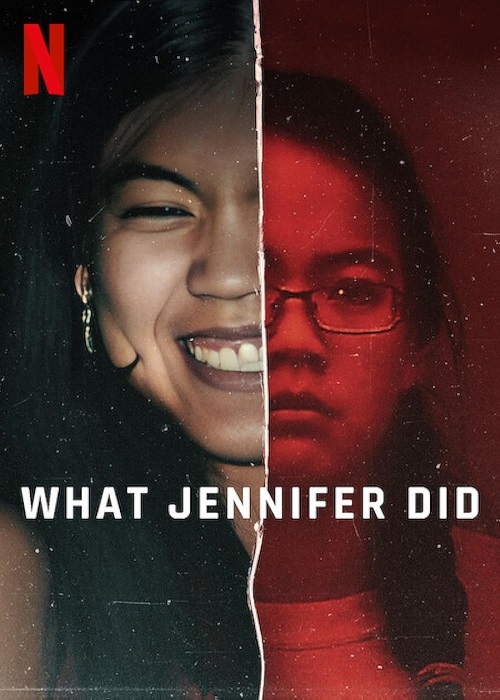Italian Canadian Co-Produces Hit Netflix Documentary: “What Jennifer Did”
TORONTO – I recently had the opportunity to discuss the hit Netflix Documentary “What Jennifer Did” with its Producers, Jeremy Grimaldi and Paul Nguyen. The Documentary is about Jennifer Pan, a young Canadian girl from Markham Ontario found guilty in 2014 of conspiring to kill her parents. Jeremy Grimaldi is a Crime Reporter and Award Winning Author who’s been reporting/investigating the case for over a decade. Paul Nguyen is a Filmmaker and Social Activist who’s served as a role model and mentor for at-risk youth in his Toronto community.
Your documentary is now number 1 on Netflix in 30 different countries, including the US and UK. Why do you think this story has captivated an International audience?
Grimaldi: I would say there’s a plethora of things. She’s a female killer, she plotted on her phone in her bedroom to kill her parents not once but twice. So this is really fascinating because you see a confident young victim at the beginning evolve or devolve into a murderer by the end. I also think, and this is Jenny Popwell (Director) style, that a lot of the documentary is told in Jennifer’s words. It’s not a bunch of other people telling her story. She’s telling her own story and people are commenting on it. I think it’s a multitude of things, the way we shot and the characters, the story, the police work and how it unfolds, the lies, the deception, the betrayal, the ultimate betrayal. And at the end of it all, it’s also the ultimate tragedy. It’s every parent’s worst nightmare come to life.
You’ve both spoken about the importance of understanding the story from a south East Asian perspective. What can you share about the impact Jennifer Pan’s story had on the larger Asian community in Canada?
Nguyen: I think why this kind of case resonated with audiences around the world is that there’s a kind of disconnect between generations. You have the parents who are boat people, immigrants who came to Canada and then you have Jennifer a second generation Vietnamese, ethnically Chinese, and there’s a disconnect. It kind of really illustrates the lack of communication and what can result from that and not being able to express yourself or share or talk to your parents and having a barrier. She needed help and she went to the wrong person. Her confidant was Daniel Wong (Pan’s Boyfriend) and instead of finding her the mental health support that would have prevented this from all happening, he gave her the contact for Homeboy (the hired killer).
What were some of the difficulties you experienced, if any, while working on the documentary – given the gruesome nature of the crime and the sensitivity of the subject matter?
Grimaldi: I didn’t find it difficult to tell the story right down the line without trying to favour one side or the other. What I did find difficult was trying to navigate telling a story as a white man and there’s a lot of pit falls and that’s why Paul is so great because he can speak about it from a first person perspective. I did my best to have Asian voices in the book and of course in the film. All I wanted to do was represent the story for what it was worth and try to take an academic approach, a sort of scientific approach in many ways so that it didn’t matter who was writing the story. I did my best to do that.
Nguyen: I was happy with how the team, how the story’s not taking a position. It’s letting the people involved speak for themselves so we hear directly from the investigators, the cops, from their research and you hear from Jennifer herself through the interrogation video. There is no external commentary or conjecture from outside parties who are not directly related or involved in the case. The aim was for it to be accurate and to tell the story truthfully and as honestly as possible.
What do you hope audiences will take away from the documentary?
Nguyen: I think what people can glean from it is that obviously no one knows what happened in the house exactly, but from Jennifer’s testimony and dealing with parental pressures, that mental health was not in the public consciousness back in the day. I think it’s a very taboo subject in the Vietnamese and Asian communities, and I think many [other] ethnic communities. I think some people can watch this story and realize a lot of this case was preventable. It could have been prevented by simply having a discussion or conversation with each other.
 Massimo Volpe is a filmmaker and freelance writer from Toronto: he writes reviews of Italian films/content on Netflix
Massimo Volpe is a filmmaker and freelance writer from Toronto: he writes reviews of Italian films/content on Netflix



